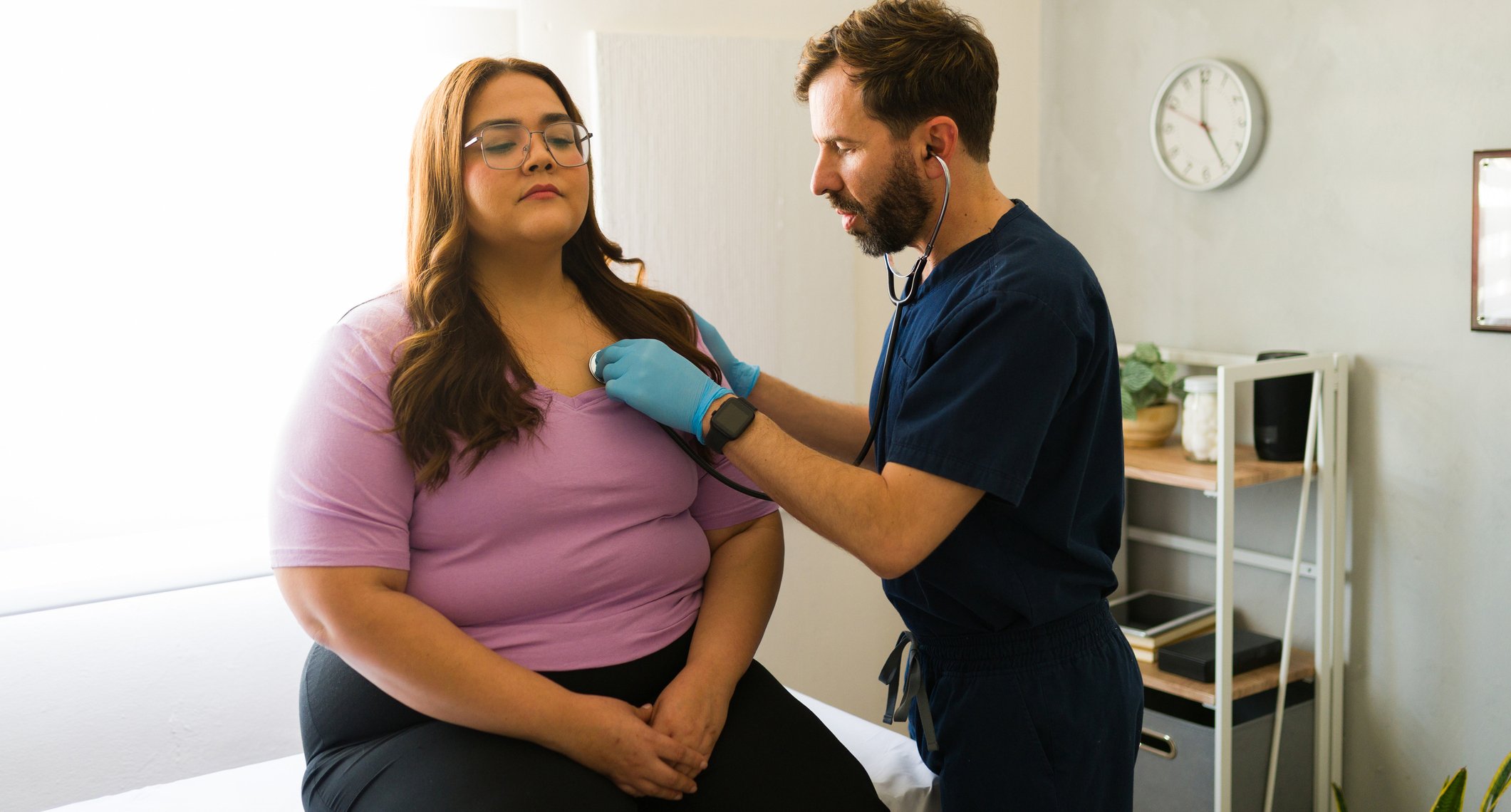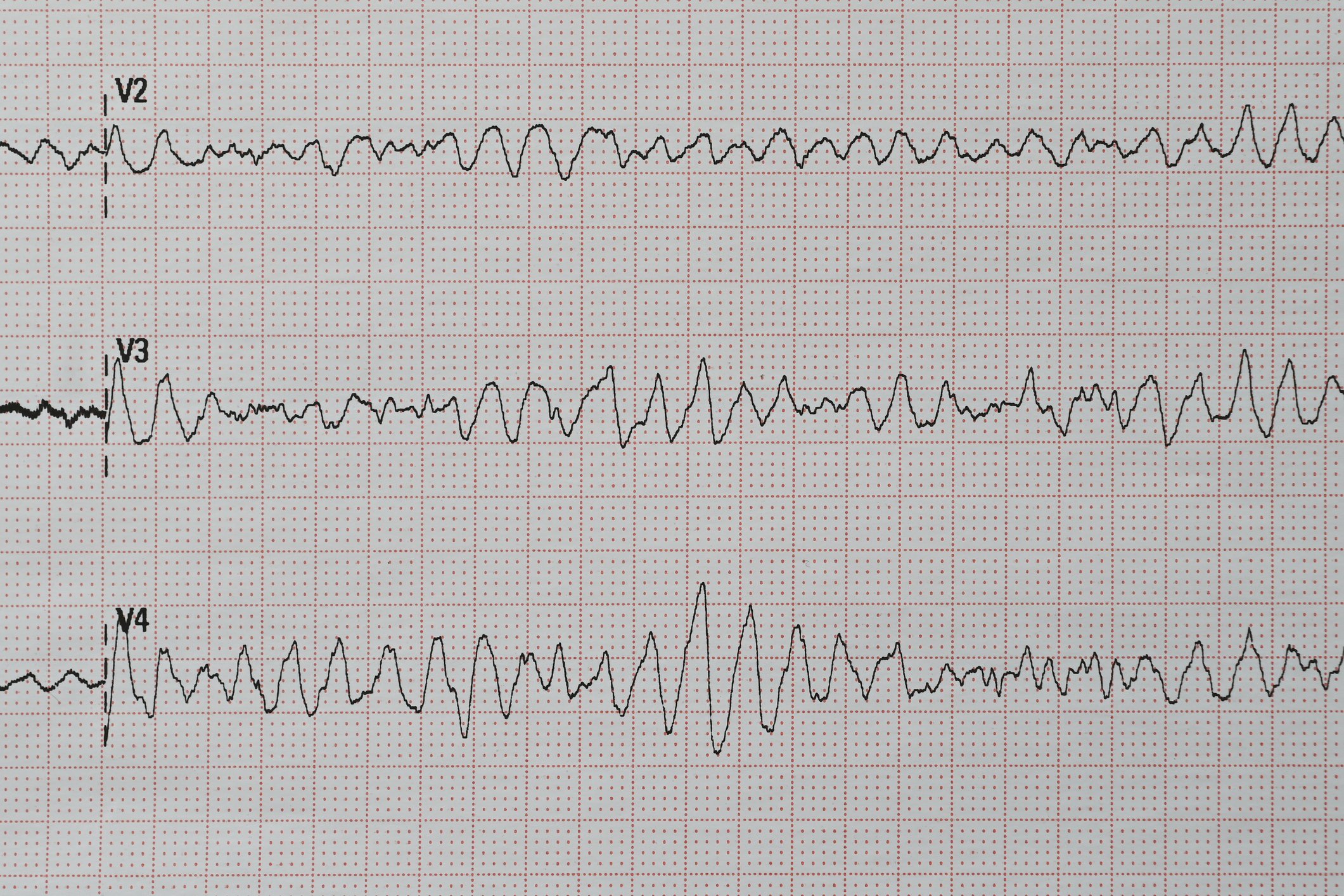Each year, a person loses about 0.2-0.4% of their brain volume. So far, so normal. In patients with multiple sclerosis, however, this value is about twice as high. This is due to the demise of neurons and the processes of demyelination. The goal of effective therapy management should therefore also be to protect brain volume – even in mild or moderate forms of the disease.
Data on brain volume loss in MS is growing steadily, indicating that the extent of brain volume loss correlates with clinical parameters and symptoms in MS. Diffuse or smoldering inflammatory processes in the CNS contribute significantly to the progression of brain volume loss and thus disability progression with increasing physical and cognitive deficits. In addition, brain volume loss occurs largely independent of thrust activity. It was shown that patients with the least brain volume loss within two years were significantly less likely to have disability progression confirmed over 12 or 24 weeks over seven years [1]. Accordingly, the loss of brain volume in leading disease stages could be a predictive value for long-term prognosis estimation.
Against this background, therapeutic options with neuroprotective properties are becoming increasingly important. Clear and sustained inhibition of disability progression in mild to moderate RRMS has been demonstrated with teriflunomide. The compound has already been able to demonstrate its efficacy and safety of thrust rate real-world data [2]. For example, 250 MS patients were treated with the active substance. The mean age at onset and mean duration of illness were 30 and 3.3 years, respectively. The most common initial symptoms were numbness of the limbs (39.4%), weakness of the limbs (16.8%), and visual disturbances (14.9%). After at least 6 months of teriflunomide treatment, ARR at last follow-up was significantly lower compared with pretreatment, representing a 77.3% reduction. The EDSS score showed a decrease with a baseline value of 2.01±1.56 to a value of 1.92 ± 1.65 after treatment. In addition, the immunomodulator was well tolerated.
Stop reduction of brain volume
With regard to brain volume loss, a significant reduction was observed over an observation period of two years compared to placebo [3]. The median percentages of brain atrophy from baseline to year 1 and year 2 were 0.61% and 1.29%, respectively, in the placebo group and 0.39% and 0.90%, respectively, in the teriflunomide 14-mg group, with a relative reduction of 36.9% in year 1 and 30.6% in year 2. Of particular note is the potential protective effect of teriflunomide on cortical gray matter, as cortical thickness is the best predictor of cognitive symptoms [4,5]. This is consistent with findings that a stable proportion of patients on teriflunomide report minimal or even no cognitive impairment 48 weeks after initiation of therapy [6].
Challenge brain volume measurement
Brain volume loss is clinically significant in MS with measurable effects on markers of disease and disability progression. Therefore, it would be desirable for brain volume loss to become a routine parameter in everyday practice. However, brain volume measurement still faces some fundamental challenges. For example, a high degree of standardization is required for this. In addition, interpretation of brain volume measurements is difficult and may be confounded by influencing factors, such as drug-induced pseudoatrophy. Nevertheless, brain volume measurement could be a useful asset in the future for assessing and predicting individual disease progression. Initiatives are working on ways to implement this into everyday practice.
Congress: 8th Congress of the European Academy of Neurology (EAN).
Literature:
- Sprenger T, et al: Mult Scler 2020; 26 (10): 1207-1216.
- Yang H, et al: Real-world effectiveness and safety of teriflunomide in Chinese MS patients: a multi-center retrospective study. ePoster EPO-413. EAN Congress 2022.
- Radue EW, et al: Neurol Neuroimmunol Neuroinflamm. 2017;4(5): e390.
- Zivadinov R, et al: Ther Adv Neurol Disord 2020; 13:1756286420970754.
- Calabrese M, et al: Neurology 2010; 74: 321-328.
- Coyle PK, et al: Mult Scler Relat Disord 2017; 17: 107-115.
InFo NEUROLOGY & PSYCHIATRY 2022; 20(4): 25.











